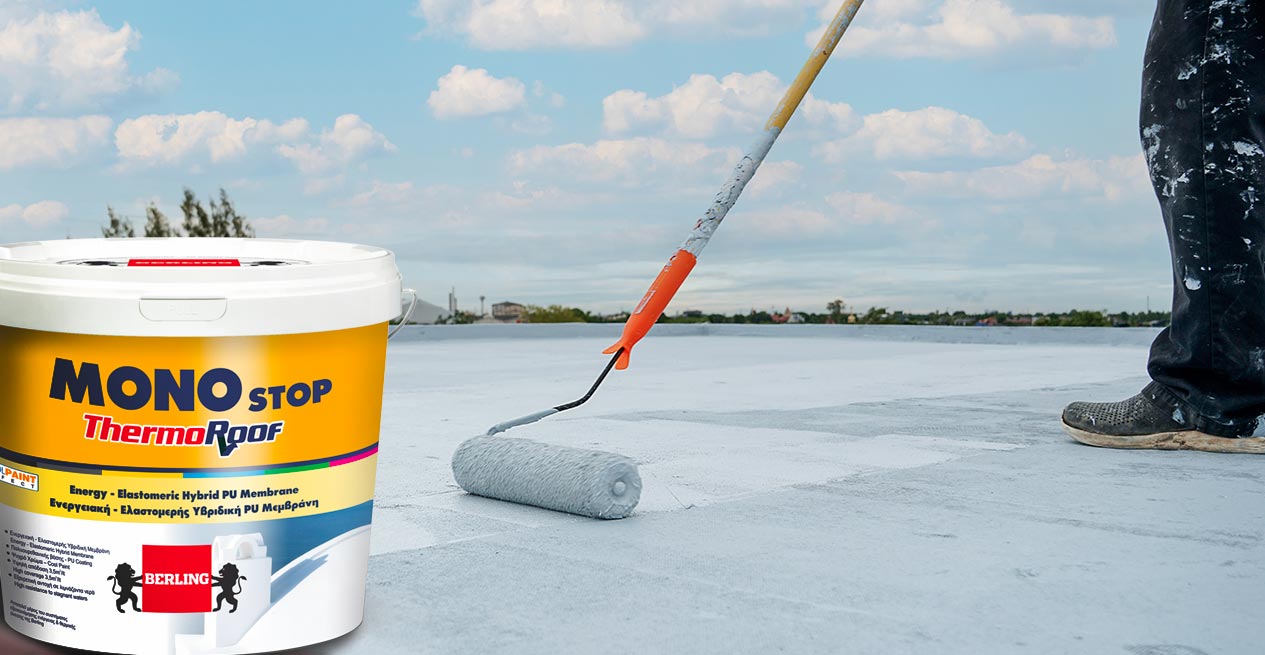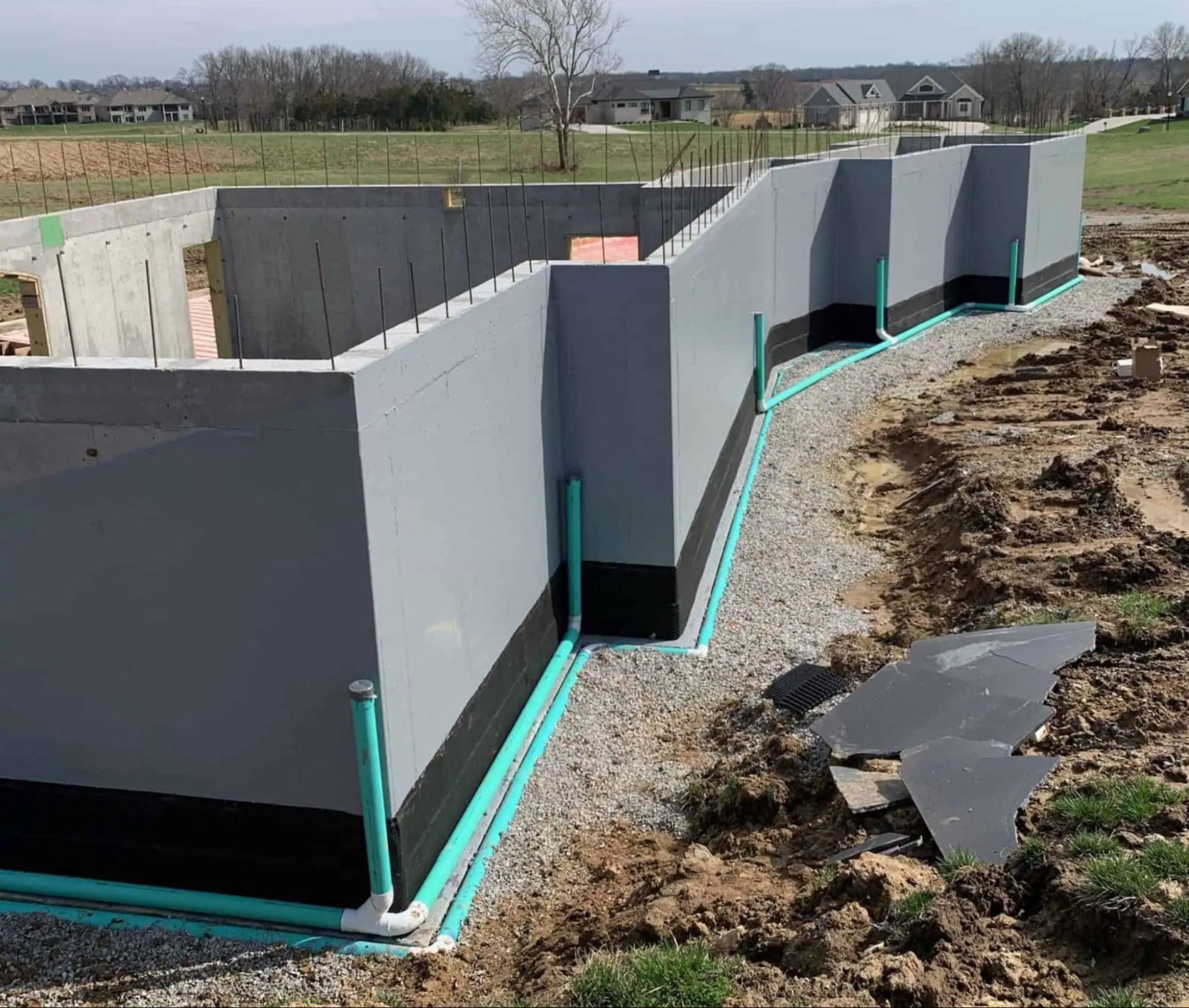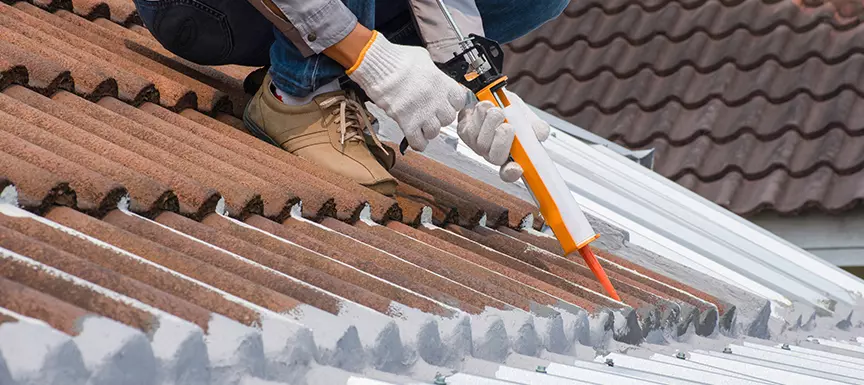Crafting Effective Home Waterproofing Solutions
As Home waterproofing solutions take the spotlight, this opening passage invites readers into a realm of knowledge and expertise, promising a rich and informative exploration of the topic.
Delve into the various methods, materials, and considerations that make home waterproofing a crucial aspect of maintaining a safe and secure living space.
Importance of Home Waterproofing Solutions

Home waterproofing is crucial for maintaining a safe and dry living environment. Without proper waterproofing, homes are at risk of water damage, mold growth, and structural issues.
Potential Risks of Non-waterproofed Homes
A non-waterproofed home can suffer from leaks, flooding, and water seepage, leading to damage to walls, floors, and belongings. Mold and mildew can thrive in damp environments, posing health risks to residents.
Benefits of Investing in Quality Waterproofing Solutions
- Prevents water damage and costly repairs
- Protects the structural integrity of the home
- Improves indoor air quality by preventing mold growth
- Increases the overall value of the property
Common Home Waterproofing Methods

When it comes to waterproofing homes, there are various methods that can be employed to protect your property from moisture damage. Each method has its own effectiveness depending on the specific needs of your home.
Exterior Waterproofing
Exterior waterproofing involves applying a waterproof barrier or coating on the outside of the foundation walls to prevent water from seeping into the basement or crawl space. This method is effective in preventing water intrusion from the outside and is often recommended for homes with poor drainage or frequent flooding.
Interior Waterproofing
Interior waterproofing, on the other hand, focuses on managing water that has already entered the home. This method may include installing a sump pump, interior drainage systems, or sealants to redirect water away from the foundation and basement. Interior waterproofing is useful for homes with minor water issues or high water tables.
Foundation Waterproofing
Foundation waterproofing involves protecting the foundation of the home from water damage. This can be done through exterior or interior methods, depending on the specific needs of the home. Proper foundation waterproofing is essential to prevent structural damage and mold growth.
Materials Used in Home Waterproofing

When it comes to home waterproofing, various materials are commonly used to ensure a watertight seal and protect the structure from moisture damage. These materials have specific characteristics that make them suitable for different applications in waterproofing solutions.
Waterproof Coatings
Waterproof coatings are one of the most popular materials used in home waterproofing
Waterproof coatings are commonly used on roofs, basements, and foundations to protect against water intrusion.
Sealants
Sealants are another essential material in home waterproofing solutions. These products are designed to fill gaps, cracks, and joints in surfaces to prevent water from seeping through. Sealants come in various forms, such as silicone, polyurethane, and acrylic, each with its specific applications and durability.
They are commonly used around windows, doors, and other openings to ensure a tight seal against water infiltration.
Membranes
Membranes are thin layers of waterproof material that are installed to provide an additional barrier against water penetration. There are different types of membranes, including bituminous, PVC, and EPDM membranes, each offering specific advantages in terms of durability and flexibility.
Membranes are often used in below-grade waterproofing applications, such as on foundation walls and basements, to protect against groundwater intrusion.Overall, these waterproofing materials play a crucial role in protecting homes from water damage and ensuring the longevity of the structure.
By choosing the right materials and applying them correctly, homeowners can effectively waterproof their properties and maintain a dry and healthy indoor environment.
DIY vs. Professional Home Waterproofing
When it comes to waterproofing your home, you may be faced with the decision of whether to tackle the project yourself or hire professional waterproofing services. Each option has its own set of advantages and disadvantages, which should be carefully considered before making a decision.
Advantages and Disadvantages of DIY Waterproofing
DIY waterproofing solutions can be cost-effective and give homeowners a sense of accomplishment. It allows for flexibility in terms of timing and customization of the project. However, DIY waterproofing may not always be as effective as professional services, especially when dealing with complex issues or larger areas.
Inexperienced homeowners may also make mistakes that could lead to further damage or the need for costly repairs in the future.
Effectiveness and Longevity of DIY vs. Professional Waterproofing
Professional waterproofing services often come with a guarantee and are performed by trained experts with access to specialized equipment and materials. This can ensure a higher level of effectiveness and longer-lasting results compared to DIY projects. While professional services may come with a higher upfront cost, the quality and durability of the work can save homeowners money in the long run by preventing future water damage.
Tips for Homeowners Considering DIY vs. Professional Waterproofing
- Assess the scope and complexity of the waterproofing project before deciding whether to DIY or hire professionals.
- Consider your budget and time constraints when weighing the costs of DIY versus professional services.
- If choosing to DIY, educate yourself on proper waterproofing techniques and use high-quality materials to ensure the best results.
- For larger or more complicated projects, it may be worth investing in professional waterproofing services to ensure the job is done correctly and effectively.
- Seek recommendations and reviews of waterproofing contractors to find reputable and experienced professionals for the job.
Conclusion
In conclusion, the significance of home waterproofing solutions cannot be overstated, offering protection and peace of mind to homeowners. Dive into the details and take proactive steps to safeguard your home from potential water damage.